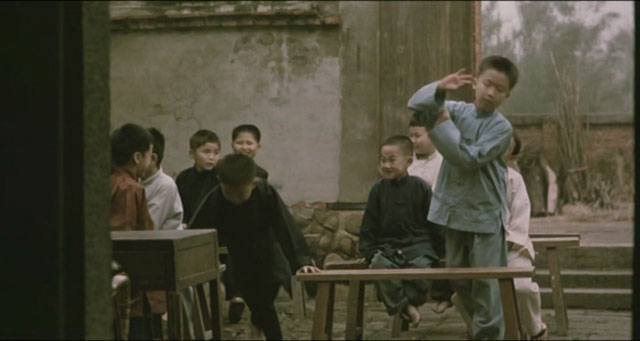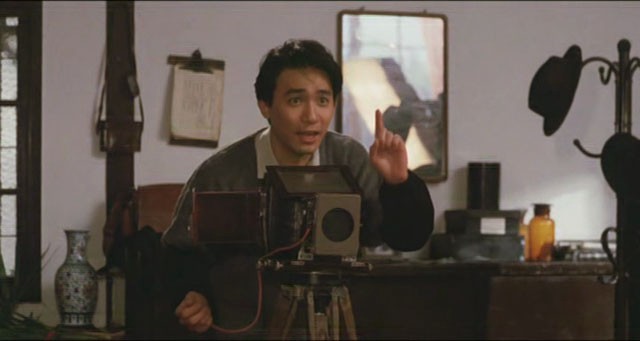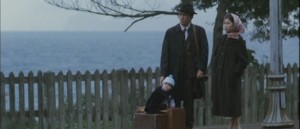From the May 1, 2001 Chicago Reader. — J.R.
This beautiful family saga by the great Taiwanese filmmaker Hou Hsiao-hsien begins in 1945, when Japan ended its 51-year colonial rule in Taiwan, and concludes in 1949, when mainland China became communist and Chiang Kai-shek’s government retreated to Taipei. Perceiving these historical upheavals through the varied lives of a single family, Hou again proves himself a master of long takes and complex framing, with a great talent for passionate (though elliptical and distanced) storytelling. Given the diverse languages and dialects spoken here (including the language of a deaf-mute, rendered in intertitles), this 1989 drama is largely a meditation on communication itself, and appropriately enough it was the first Taiwanese film to use direct sound. It’s also one of the supreme masterworks of the contemporary cinema, the first feature of Hou’s magisterial trilogy (followed by The Puppet Master and Good Men, Good Women) about Taiwan during the 20th century. In Mandarin and Taiwanese with subtitles. 160 min. (JR)



